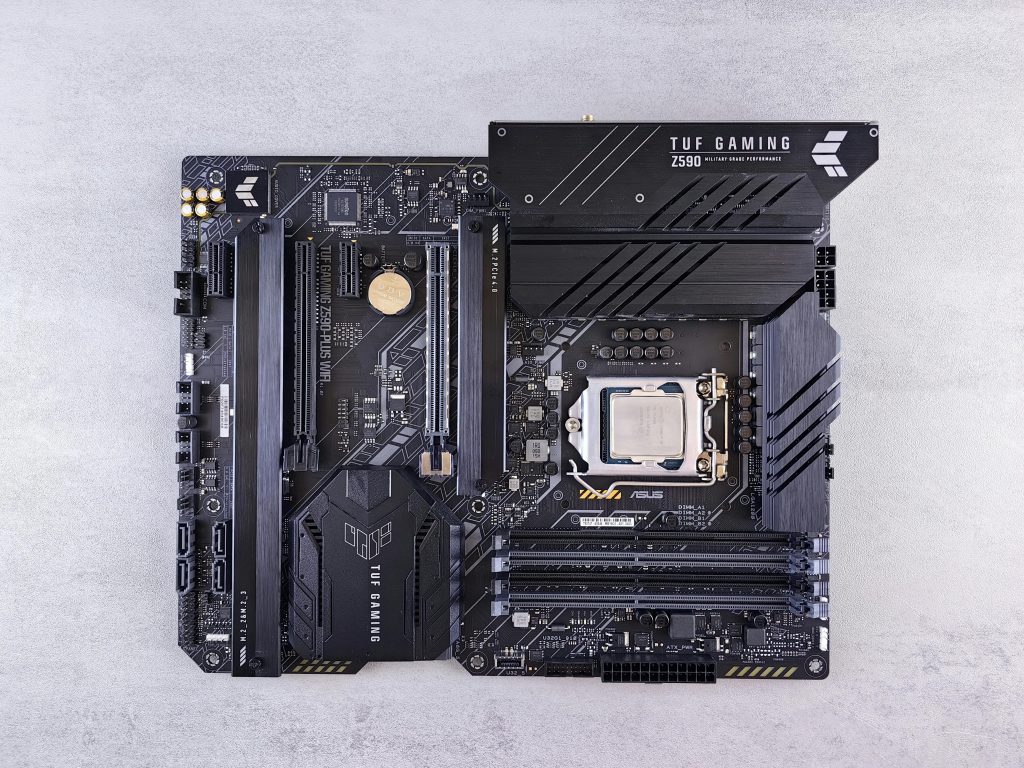Can a Virus from a PC Infect a Game Controller? Exploring the Risks and Myths
In the evolving landscape of technology, many gamers and tech enthusiasts often wonder about the potential risks associated with their gaming peripherals. Recently, I encountered a situation that prompted me to ask a question that might seem unusual: Is it possible for a computer virus to infect a game controller, such as a gamepad?
Understanding the Scenario
I recently purchased my first gamepad – an Xbox 8bitdo controller. During the setup process, I connected its USB receiver to my laptop. Not long after, my laptop became infected with a Trojan horse malware. Currently, my laptop is under repair, and while I focus on restoring its security, I am concerned about the safety of my gamepad.
The Concern: Can Hardware Be Infected?
It’s well-known that malware can spread through various USB devices like flash drives, external hard drives, and other portable storage media. These devices are common vectors for malware transmission because they often contain executable files or auto-run scripts that can infect connected systems.
However, when it comes to peripherals such as game controllers or gamepads, the situation is different. These devices typically do not possess the ability to execute code or contain storage that can run malicious scripts. Their primary function is to send input signals to the computer, and they don’t generally contain the hardware architecture or firmware that could harbor or transmit malware.
Do Gamepads or Their Receivers Pose a Risk?
Most modern game controllers, including Bluetooth or USB-connected devices, are designed to be simple input devices. They do not store or execute software submitted by users in a manner that would allow malware to infect them.
However, there are a few exceptional scenarios:
-
Firmware Updates: If you update your gamepad’s firmware through official channels, there is a remote possibility if the update file is compromised. Always ensure firmware updates are obtained from trusted sources.
-
Custom or Modified Firmware: If the device has been tampered with or modified with malicious firmware (a rare but possible scenario), it could potentially carry malware. This is uncommon for standard retail controllers but worth noting for highly customized or third-party devices.
-
Compromised Receivers or Other Accessories: If the USB receiver or other accessories are infected (similar to infected flash drives), there may be a theoretical risk. But in practice, these devices do not automatically carry or transmit malware to the host system unless specifically programmed or tampered with.
**Pr
Share this content:



